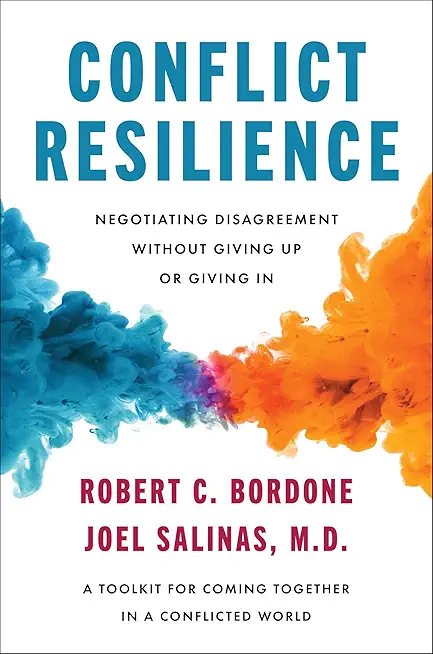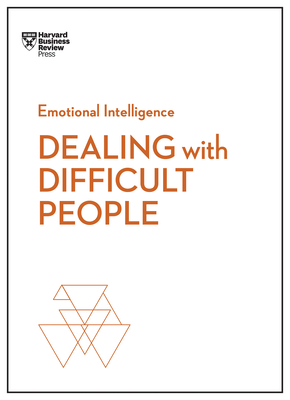
Bordone, Robert
AN INSTANT USA TODAY BESTSELLER
Conflict management expert Robert C. Bordone and leading behavioral neurologist Joel Salinas, M.D., join forces to introduce conflict resilience: the radical science of standing strong in the face of conflict and breaking the bad habits that sabotage our politics, workplaces, and most important relationships.
Conflict is getting the better of us.
From our homes and community centers to C-Suites and Congress, disagreements are happening everywhere, with increasing frequency, and are being treated like winner-takes-all debates rather than as opportunities for conversation and positive change. This puts a tremendous and untenable strain on our most important relationships and institutions.
Unable or unwilling to handle conflict with skill, we ignore it or avoid it for as long as possible; when we are forced to face it, everyday disagreements and temporary flare-ups rapidly escalate to a fever pitch. Neither approach addresses underlying issues, promotes stronger relationships, or yields satisfying results.
But there is a solution: a combined skill- and mindset that Bordone calls conflict resilience: the ability to not only sit with and grow from disagreement, but to find new ways to communicate with authority and confidence without others feeling left unheard. In this powerful, hopeful book, Bordone, an internationally-recognized negotiator, former professor, and Senior Fellow at Harvard Law School, and Joel Salinas, M.D., a cutting-edge scientist from Harvard Medical School, combine the inner mechanics of conflict--literally what's going on in our bodies and our brains during moments of distress--to produce a groundbreaking guide for how to navigate it, including:
- How to get out of your own way as a communicatorUnderstanding the importance of timingHow to embrace disagreement as an advantageLearning how to anticipate and manage defensivenessAnd more!
Conflict Resilience provides scientifically proven tools to help you drive agreement when possible, and empower you, when agreement is impossible, to strengthen your ability to speak in conflict and withstand the stress of doing so.
In these polarized times, when consensus, agreement, and problem-solving often feel elusive or even downright pointless, conflict resilience becomes the key to move forward. This book serves as a guidebook to bring people together, and an invitation to radically transform how we interact with our friends and families, our coworkers, our students, and our neighbors.






